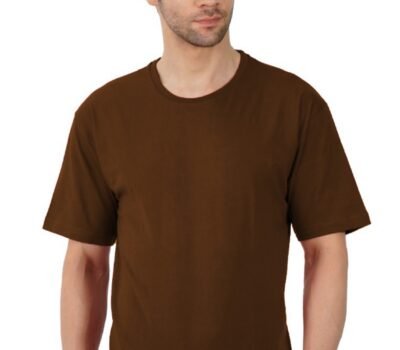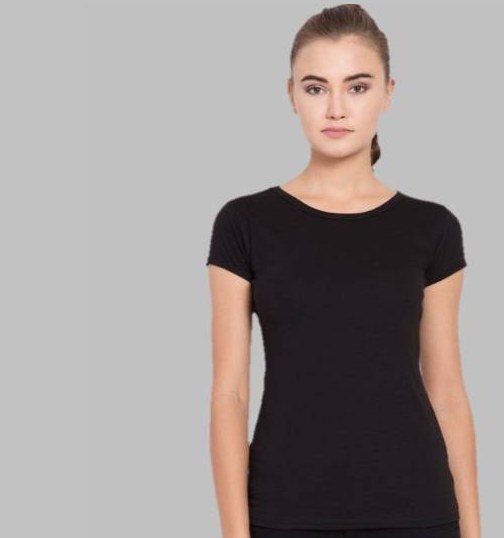Featured Products

Select options This product has multiple variants. The options may be chosen on the product page
180 GSM Round Neck Mens T-Shirts – Biowash
Black
Navy Blue
Grey Melange
Maroon
Mustard
+2
Red
White

Select options This product has multiple variants. The options may be chosen on the product page
180 GSM Round Neck Mens T-Shirts – Double Biowash
Beige
Black
Navy Blue
Coffee
Green
+6
Grey Melange
Lavender
Maroon
Mustard
Red
White

Select options This product has multiple variants. The options may be chosen on the product page

Select options This product has multiple variants. The options may be chosen on the product page

Select options This product has multiple variants. The options may be chosen on the product page

Select options This product has multiple variants. The options may be chosen on the product page

Select options This product has multiple variants. The options may be chosen on the product page

Select options This product has multiple variants. The options may be chosen on the product page
Upgrade Your Style with Premium Men’s T-Shirts
- Private Label Manufacturing
- Custom Printing & Branding
- Wholesale Bulk Orders
Customer Reviews
[grw id=28964]
Hi there, sign up and connect to PNC Garments
Be the first to learn about our latest trends and get exclusive offers.
Sign up and connect to
PNC GARMENTS
Be the first to learn about our latest trends and get exclusive offers
Will be used in accordance with our Privacy Policy
Collaboration
Discover fashion and style with our partner brands









